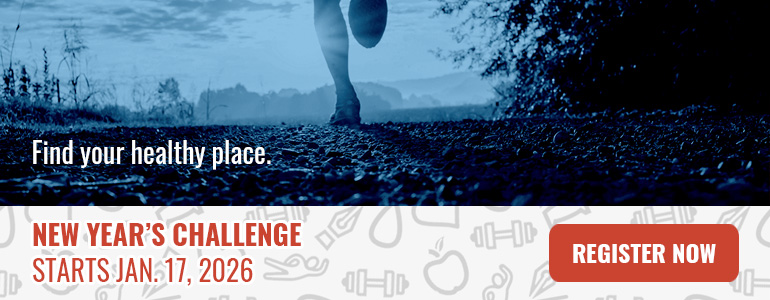 Reading Time: 4 minutes
Reading Time: 4 minutesWe’ve all started new things. Whether it’s starting fresh in a new high school or college, going to summer camp for the first time, starting a new job, joining a new gym, or beginning a new diet, life is full of new challenges.
There is a point in each of these new experiences that we know, at least for a moment, that we can do them well. We’re excited, confident, looking forward to it. We believe in ourselves.
There is another moment – after this first experience of confidence, excitement, and joy – when doubt creeps in. It can happen after a few seconds, hours, days, or weeks, but when it does, it can stop us in our tracks. It’s that moment of self-judgment:
- When you decide you’re not smart enough to be doing the job you were hired for (or were already doing)…
- When you decide you’re not good enough to be in a relationship with the person you’re already with…
- When you decide you don’t have the discipline to follow through with the diet you started…
Often, this self-judgment is followed quickly by the thought, “Well, I didn’t really want that [job, relationship, diet] anyway. It really wasn’t right for me. I’m better off without it.” We dismiss what we’ve been doing as wrong, and create an entirely new mental future around how life is better off without that [job, relationship, diet].
And while that may be true, consider this – it may NOT be. That regular, automatic response is our way of letting ourselves off the hook. Instead of acknowledging the difficulty, self-doubt, and judgment as normal, we avoid this uncomfortable feeling, we justify quitting, and we head for the hills, declaring that our goal was bad, dumb, stupid, and wrong in the first place.
The Whole Life Challenge starts this Saturday. If you’re signed up already, you’re probably going into it with good, positive, confidence-in-self feelings. The belief you can do what you set out to do. You’re thinking, “Of course I can do this. Can’t wait. Bring it on!”
Nonetheless, be on the lookout for the doubt, the judgment, the desire to quit. It will, almost invariably, come up at some point during the upcoming weeks.
For some it will happen quickly, maybe even in the first day. “I didn’t have time for this anyway. What was I thinking?!”
For others, it will happen sometime in the first two weeks. “I’m tired of planning. I can’t do this. I’m just not ready. I don’t have the time, and I don’t want to be worried about losing points for it.” Still others will feel it in the later weeks. “I’m tired of this. I’ve got it. One piece of pizza (or cake or one beer), isn’t going to hurt me. I don’t really need the structure or accountability anymore and shouldn’t have to finish to prove it.”
What was once a great and life-changing possibility for you – one you were committed to finishing, sticking to for the entire duration – might become something for you that “I never should have started to begin with” or “I don’t need to finish to prove something or get value. I’ll just quit now.” You’ll make justifications for the invariable uncomfortableness that we all experience at some point.
Watch for it. Know it’s coming.
And when it does, don’t make any rash decisions (like quitting). There is a good chance the feeling will pass (thought it might take a few days), and if you take the Challenge back to the root of why you signed up in the first place, you stand a great chance of getting yourself right back on track.
Here’s how, four steps to overcoming doubt when it occurs:
- At the beginning of the Challenge, write down the reason that you’re participating and what you hope to achieve – your goal.
- Write that goal in big letters on a single piece of paper, and hang it on your fridge and your bathroom mirror. This is your reminder, placed somewhere you’ll see it every day.
- Then, create an incentive plan. Ask a team member, family member, or friend to hold you accountable for the duration of the Challenge, becoming your support person. To help, give them $100 (or an amount of money significant to you), and tell them they only have to give it back to you if you don’t quit.
- Finally, when the doubt occurs, make an emergency plan. Tell your support person that when you want to quit, you’re going to immediately call them. Their only job is to tell you not to quit and remind you of your goal (and that $100).
It’s important that you acknowledge the doubt briefly, accept it as part of doing anything new and challenging, and move on to the next stage – one step closer to your goal.
We’ll be there for you throughout the Challenge, with tips, videos, and additional knowledge to help you on your journey. As a Challenge Player, you’ll get a ton of content from us at Whole Life HQ, as well as support from your team, and (if you follow the plan above) your emergency support person.






